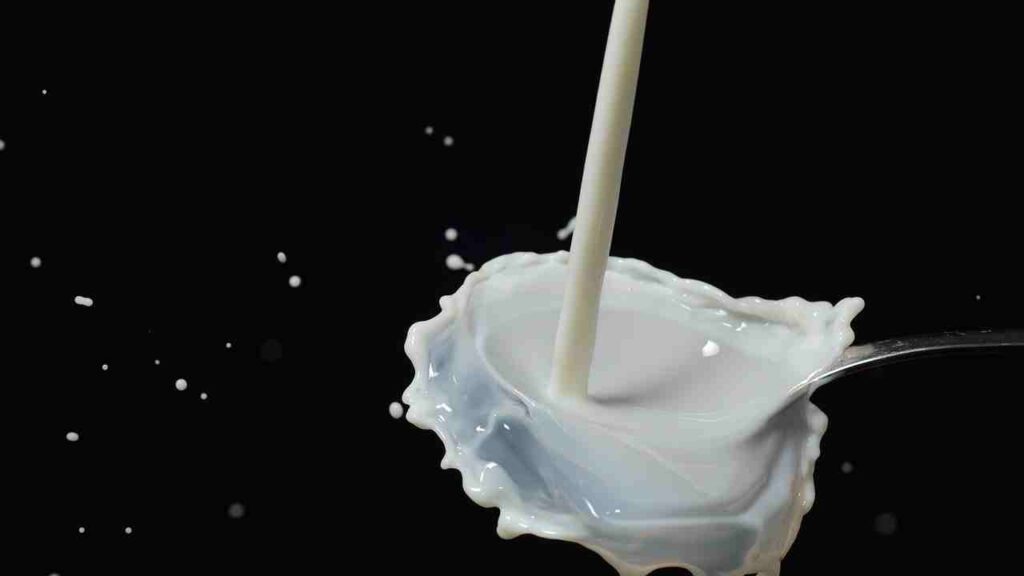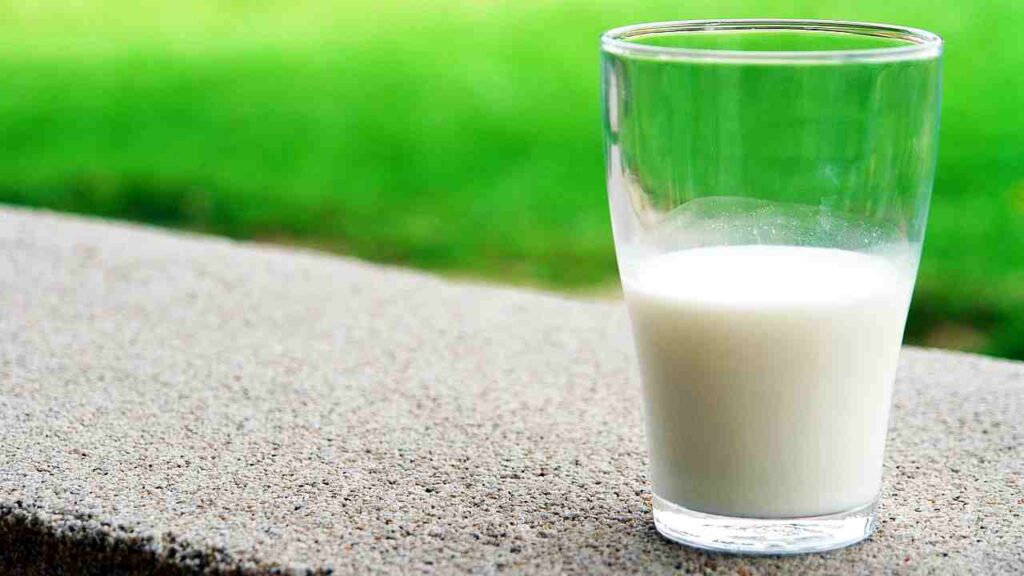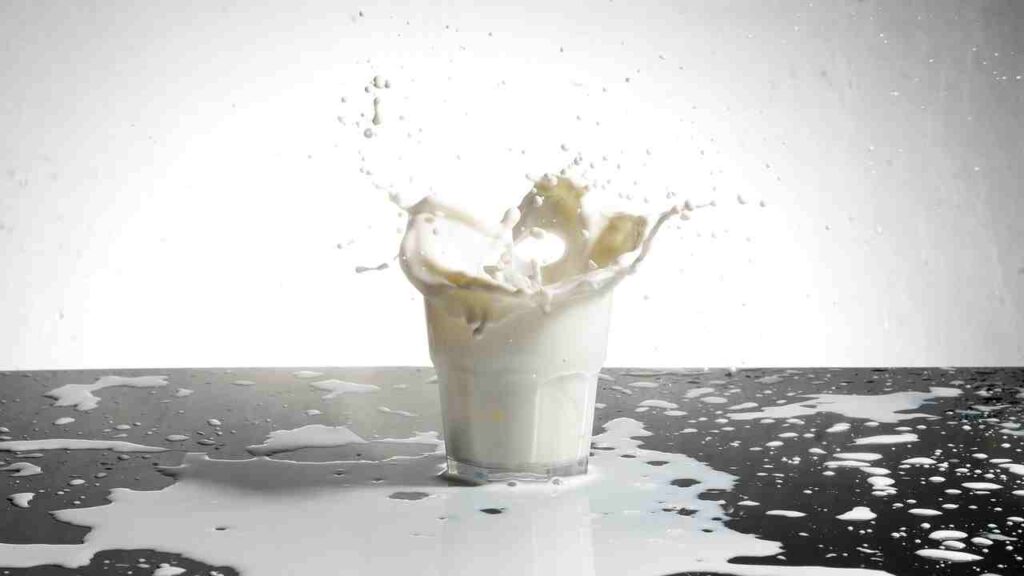The ongoing debate on the effects of milk on our health is the subject of growing attention following new studies. Drinking milk is good or bad?
Milk is one of the ingredients that is never missing in the home, both for preparing breakfast for the whole family and for creating sweet and savory recipes.
Some recent studies are questioning some of the established beliefs, paving the way for a more nuanced understanding of the effects of milk on our well-being.
Milk: essential nutritional elements

Before delving into what some recent research has revealed (Drinking milk is good or bad), it would be appropriate to take a step back and understand why many do not give up cow’s milk or milk from other animals (such as goat’s milk) and dairy products.
Milk is universally praised for its richness in essential nutrients, especially calcium and protein. These constituents play a fundamental role in promoting health both in the first years of life and in adulthood.
- Soccer – Calcium is an important ally in growth and development in the first years of life and in the prevention of osteoporosis, maintaining the robustness of the skeletal system even in adulthood.
- Proteins – Milk proteins, present mainly in casein and whey, contribute to the building and repair of muscle tissue and provide essential amino acids for various bodily functions and biological processes.
- Vitamin D – Milk is a natural source of vitamin D which helps the body absorb calcium, thus contributing to the formation and maintenance of strong bones and teeth. Furthermore, it is involved in various functions of the immune system, playing a key role in the prevention of diseases.
- Potassium – It is also a good source of potassium, an essential mineral for regulating blood pressure, maintaining fluid balance and the proper functioning of muscles and nerves.
Is drinking milk good or bad?

Beyond the recognized nutritional benefits, it is increasingly relevant to consider the results of recent studies investigating the correlation between milk consumption and certain problems. In short Drinking milk is good or bad?
Research suggests a possible association between dairy consumption and an increased risk of cardiovascular disease and other disorders. Because milk is bad for you? It depends on the fat and sodium content.
The truth is that, although a privileged source of calcium and proteins, milk is not the only food to contain these essential nutritional elements. There are many other calcium-rich foods and protein-rich foods.
So, Drinking milk is good or bad? No, if you opt for products with a reduced fat content and it is not consumed in excess. In consideration of this, among other things, drinking a lot of milk makes you fat Also.
How much milk can you drink per day?
The recommended amount of milk per day varies based on several factors, such as age, level of physical activity and individual nutritional needs.
In general, recommendations suggest moderate consumption of dairy products, which can range from 2-3 servings per day for adults (for a total of approximately 350 ml). However, these recommendations can be adapted to personal preferences and specific health conditions .
Allergies or intolerances: why is it better not to drink milk?

If the aforementioned correlations do not necessarily imply a direct cause-effect relationship but raise questions about excessive milk consumption, the same cannot be said about any allergies or intolerances.
Milk allergies and intolerances are two different conditions, but both involve difficulty managing or metabolizing certain components of milk. What are the contraindications of milk in these cases?
As regards the milk allergies, it is an immune system response to proteins present in milk, such as casein and whey. This reaction can manifest itself with various symptoms, including hives, swelling, difficulty breathing or even more serious reactions such as anaphylaxis. The key to managing a milk allergy is to replace cow’s milk and cheeses.
On the other hand, theLactose intolerance it is linked to the lack or reduced production of the lactase enzyme, necessary to digest lactose, the sugar present in milk. Symptoms range from bloating and abdominal cramps to diarrhea and nausea after consuming dairy products. Here, management often involves adapting the diet, limiting or avoiding dairy products and preferring lactose-free foods, or using lactase supplements to facilitate digestion of lactose.
Drinking milk: an informed approach
The question of the benefit or harm of milk to health is closely connected with individual factors, such as lactose tolerance and personal nutritional needs.
The approach towards milk should be informed and personalized. In this sense it is necessary to carefully evaluate one’s individual response to milk (observing how the body reacts), explore nutritional alternatives (vegetable milk such as rice milk or almond milk) and consider new research in order to make informed decisions on the presence of milk in the diet.
